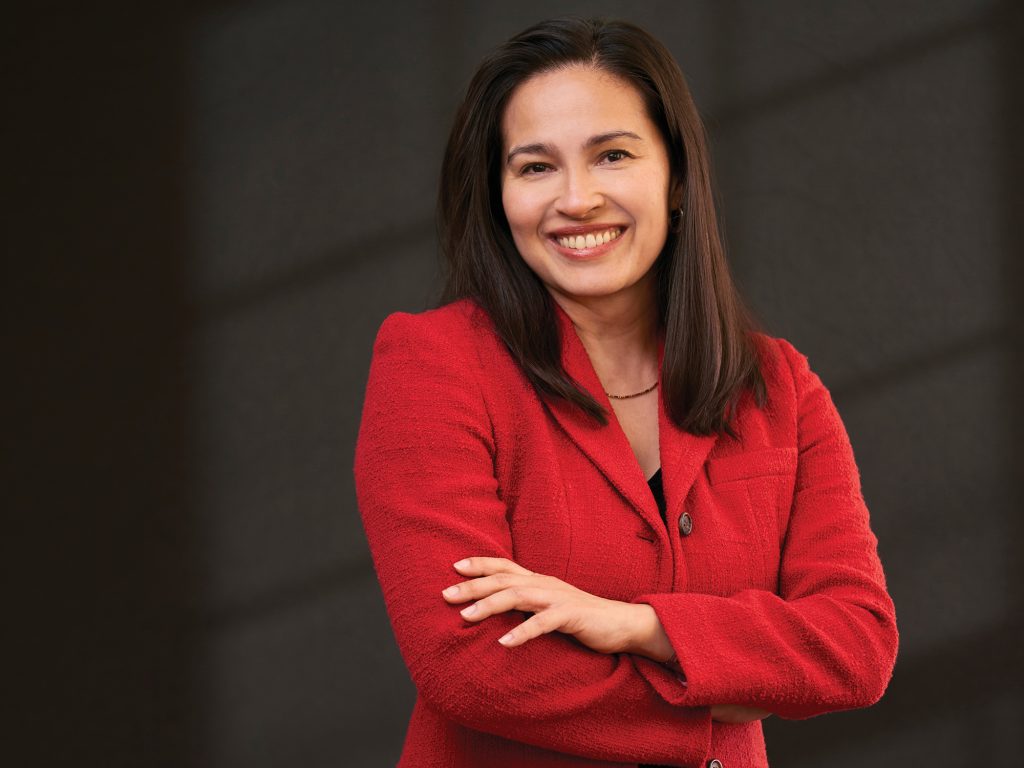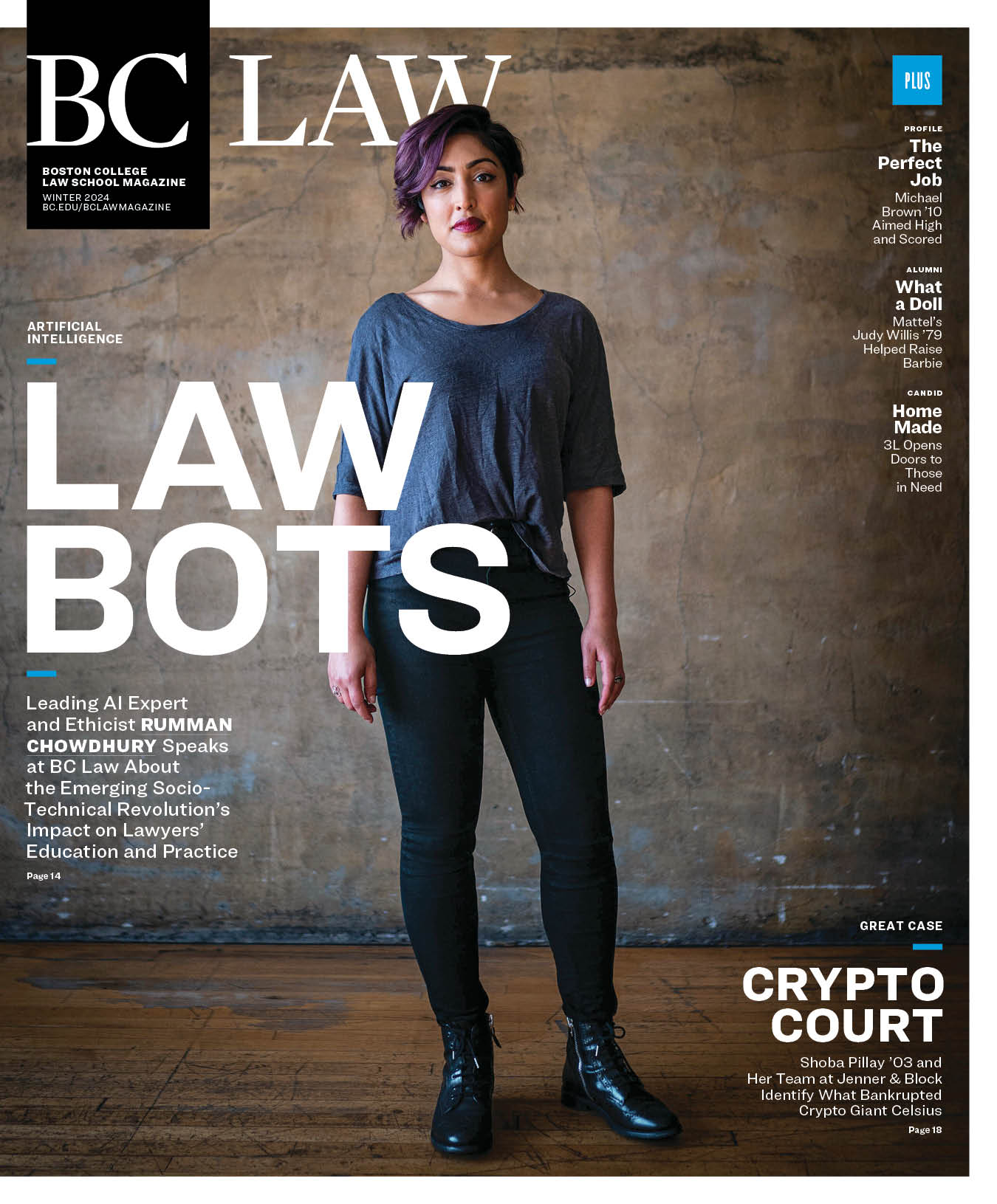One challenge in a fast-moving world involves attending to enduring tectonic shifts in society. We are in the midst of one now, as technology’s impact on the legal profession continues to grow. Artificial intelligence is replacing certain legal functions. Collaborative digital tools have allowed more outsourcing. And the pandemic highlighted how remote work can have real value, along with drawbacks.
At BC Law, we are developing our understanding of how this technology and the subsequent changes in the profession will affect law schools and legal education. We must use technology in and out of the classroom more effectively, and prepare our students for this aspect of their careers.
All this might sound daunting. Yet it also offers an opportunity to help lead the way into a bright future. And, as we work to envision what that future might look like at Boston College Law School, we cannot lose sight of a very important part of our identity: our in-person community, which has been so valuable to our students over the years, particularly during challenging times.
We are developing our under-standing of how this technology and the subsequent changes in the profession will affect law schools and legal education.”
Dean Odette Lienau
Thus, we need to be nimble and to meet this moment head on. It will impact everything from physical facilities to IT infrastructure to the types of programs we pursue. It calls for greater coverage of topics at the intersection of law and technology, from regulatory frameworks for cryptocurrencies and other financial technology to rules surrounding scientific advances, including those happening around Greater Boston.
And, of course, we are both monitoring and planning for the rise in artificial intelligence tools, as I’m sure is the case for many of you. I have been working very closely with faculty and administrator colleagues on the potential benefits and risks associated with generative AI in the classroom—and on how to best prepare students for its use in the workplace as practitioners.
As a result, we have developed four broad goals for our students:
1) They should understand how to use appropriate AI tools to produce a particular legal work product.
2) They should have the capacity to assess the work product of these tools.
3) They should have a sense of how these tools might be effectively and efficiently deployed as part of a broader legal strategy for clients.
4) They should have a sense of the ethical implications of these tools for legal practice and for our society more broadly.
We will certainly tweak these over time but we have already formulated and circulated specific pedagogical ideas and guidelines for our professors. Our library’s technology team has developed a series of trainings and workshops and created an online hub of AI resources for our faculty and administrators. And we are planning a larger training session—which will include several leaders in the field—to investigate how these tools are changing legal practice on the ground.
This past fall, we held our 6th Annual International IP Summit (co-sponsored by Ropes & Gray), and the theme this year was AI in Law and Business, especially around intellectual property issues. The summit included a number of important panel discussions on related topics, and the keynote was a conversation with Rumman Chowdhury, one of the leading voices in the field. I really enjoyed our conversation as well. Of course, we are also doing all of this with our alumni in mind. We want to ensure that the community that educated and launched them will remain on the cutting edge of legal innovation.



